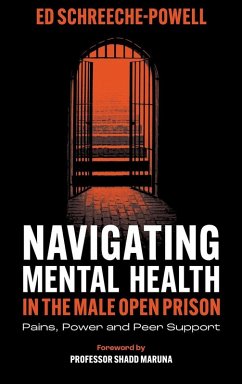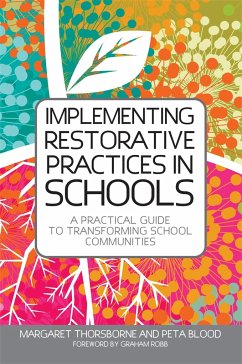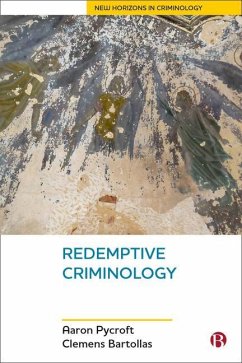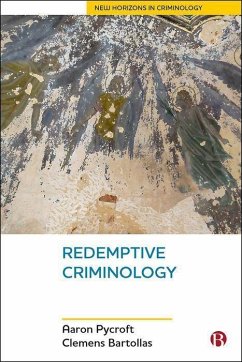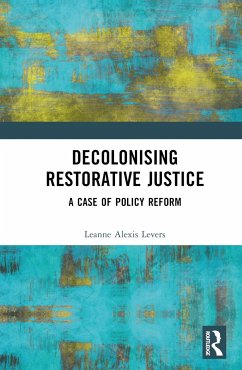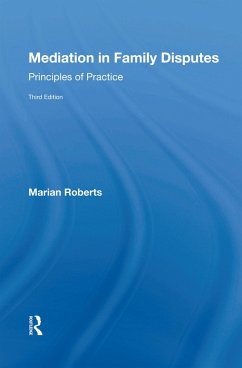
Restorative Theory in Practice
Insights Into What Works and Why
Versandkostenfrei!
Versandfertig in über 4 Wochen
47,99 €
inkl. MwSt.

PAYBACK Punkte
24 °P sammeln!
Contributors explain the diverse range of theories which underpin restorative practice. With examples of conventional and innovative applications across a range of settings, they demonstrate how the theories translate into effective practice.




